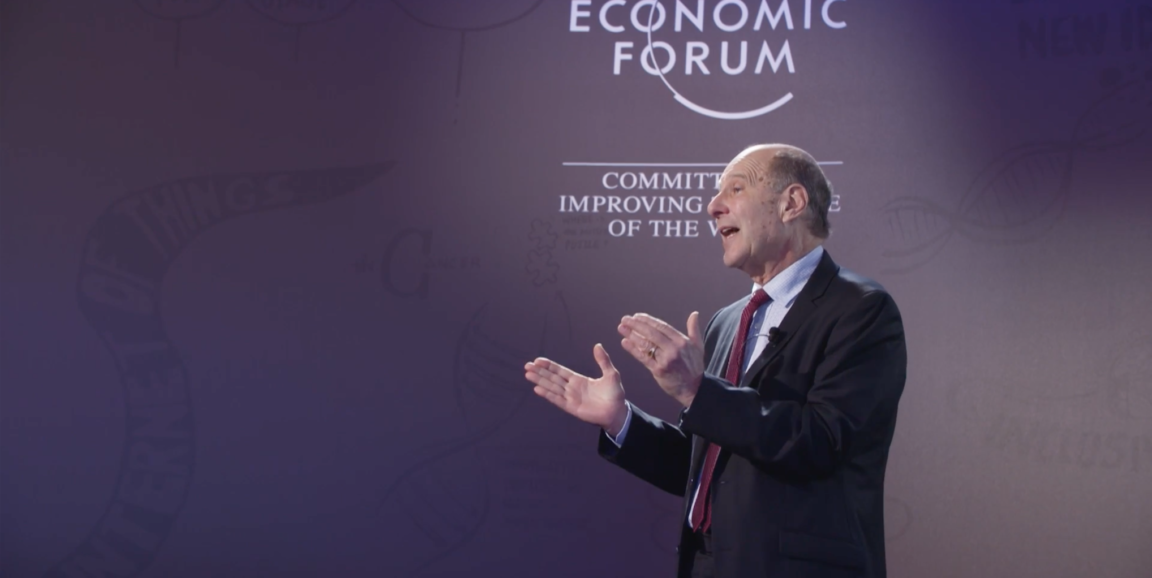Stanford psychiatrist David Spiegel, MD, began his talk, "Replacing opioids with hypnosis for pain treatment," at last month's World Economic Forum by addressing the elephant in the room. “There’s a prejudice in modern medicine that the only real interventions are the physical ones,” Spiegel said. Yet, interventions that affect our thoughts — such as self hypnosis — can also influence our health and the way we feel.
Self hypnosis is a powerful, underutilized tool that could have a significant impact on the opioid crisis, Spiegel continued.
“One out of three Americans has an opioid prescription, the rate of accidental drug overdoses has tripled since the year 2000, [and] 64,000 people died of it last year." Spiegel said. That’s, "twice the number of people who died at the peak of the AIDS crisis," Spiegel added. “By contrast, hypnosis doesn’t kill people, it doesn’t addict people, but it does reduce pain."
In his studies, Spiegel and his colleagues found that hypnosis reduces activity in the conflict management region of the brain that's also part of the pain circuit. They also found that hypnosis links the executive control and insular regions of the brain, resulting in better control over body function and pain perception, while significantly reducing communication between the executive control center and the part of the brain linked to self reflection.
But does self hypnosis help patients cope with pain and can it be used for chronic pain? According to Spiegel's studies, the answers are yes. In his studies of women with metastatic breast cancer, the patients who used self-hypnosis reported half the level of pain as women in the control group and (to Spiegel's surprise) they lived about 18 months longer.
The gathering, held in Davos-Klosters, Switzerland, featured over 400 sessions; speakers discussed issues and opportunities related to the event’s theme, Creating a Shared Future in a Fractured World. Spiegel's talk, and others, are well worth a watch.
Image from video of David Spiegel's World Economic Forum presentation




